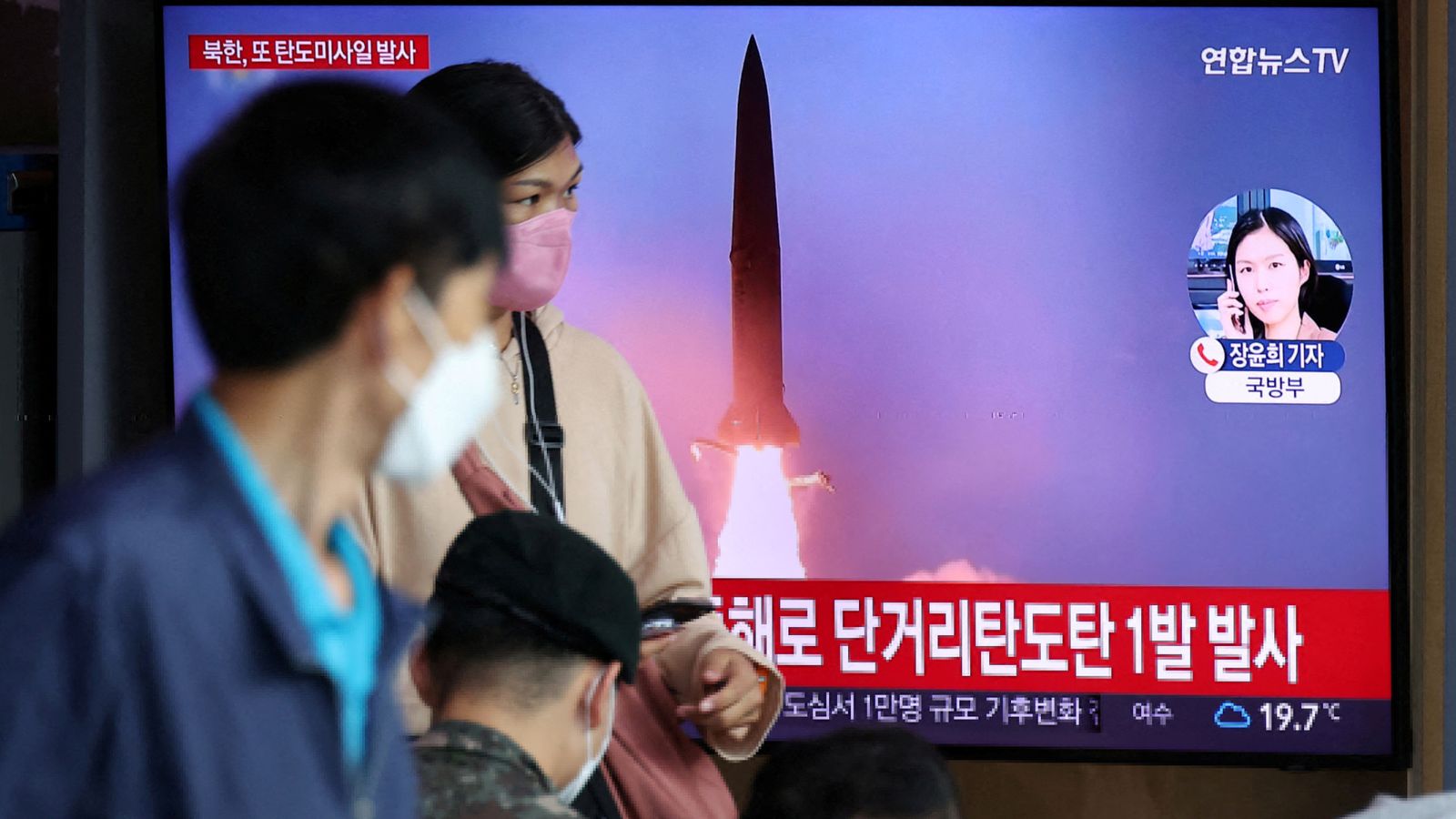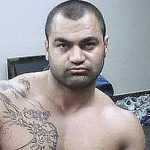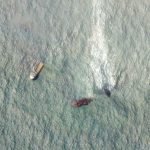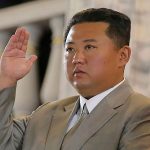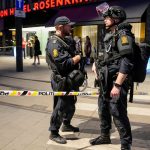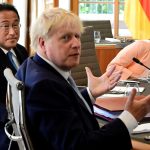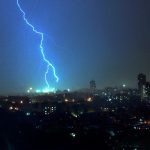North Korea has tested a short-range ballistic missile as a US aircraft carrier arrived in South Korea for joint military exercises.
It was launched on Sunday from the western town of Taechon and flew 370 miles (600km), said the South’s Joint Chiefs of Staff, before landing off North Korea‘s east coast.
The launch is the latest provocation from Kim Jong Un‘s regime and appears to be timed to coincide with the arrival on Friday of the nuclear-powered USS Ronald Reagan in the region.
America’s Indo-Pacific Command said the launch posed no “immediate threat to US personnel or territory, or to our allies” but showed the “destabilising impact” of the North’s unlawful weapons programme.
North Korea has ramped up testing this year, firing more than 30 ballistic missiles and its first intercontinental missiles since 2017.
There is also speculation the secretive state could be working on a submarine capable of firing ballistic missiles.
Satellite images of the port of Sinpo, a major shipyard for submarines, show multiple barges and other vessels according to analysis this week by North Korea-focussed site 38 North.
North Korea passes law to allow pre-emptive nuclear strikes to protect itself
Ukraine war: Russia buying rockets and artillery shells from North Korea, US intelligence says
US and South Korea begin biggest military training in years amid growing North Korean nuclear threat
Having a roaming submarine that could fire such missiles would likely bolster the country’s nuclear deterrent.
However, experts also say it would take some time to get several of these vessels operational given the intense and wide-ranging sanctions against the country.
Details of the latest missile test suggest it may have been a nuclear-capable short-range weapon modelled after Russia’s Iskander missile. These missiles travel at relatively low altitudes and are manoeuvrable in flight, making them harder to intercept.
North Korea has rejected attempts to reopen disarmament negotiations – which stalled in 2019 – and Kim Jong Un told his parliament this month that he would never give up his nuclear ambitions.
The country also passed a law authorising the pre-emptive use of nuclear weapons under a broad range of scenarios if its existence or leadership is threatened.
North Korea is set to be high on the agenda when US Vice President Kamala Harris visits the Seoul next week after attending the state funeral of assassinated former Japanese PM Shinzo Abe.
